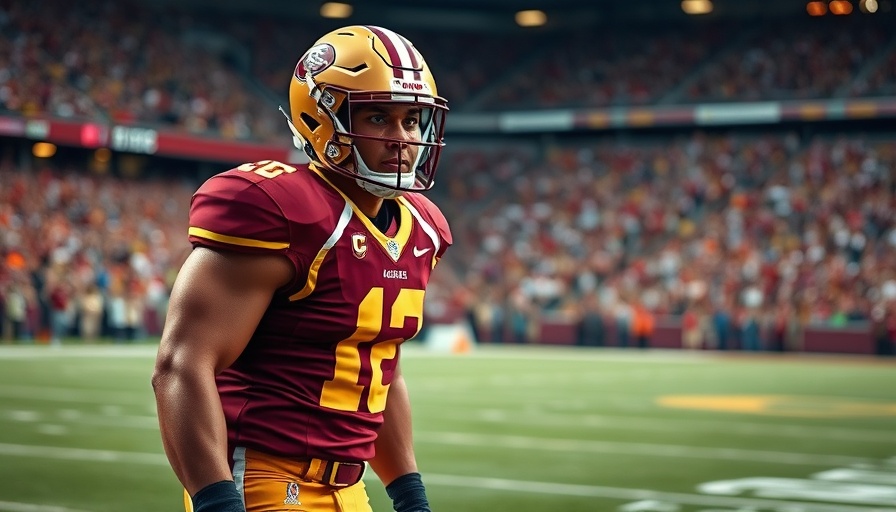
Understanding the Crisis: Gaza's Hunger Emergency
The hashtag #GazaIsStarving is marking a distressing moment in social media activism as it trends globally, revealing the stark humanitarian crisis faced by Palestinians. With relentless bombardments and severe restrictions on aid from Israel, the urgent plight of the Gazan civilians is gaining the attention it desperately needs. Reports indicate that the hunger crisis has escalated to such alarming levels that children are succumbing to malnutrition, caught in the crossfire of an ongoing conflict.
The Power of Hashtags in Raising Awareness
In just a matter of days, the Arabic version of the hashtag has amassed over 227,000 posts on X, reflecting the collective anger and grief of a community facing devastation. This surge showcases the power of social media as a platform for advocacy and raising awareness, where images and videos depicting the hardships of Gazan families are shared widely. The emotional impact of these posts connects individuals worldwide, prompting conversations about humanitarian crises that often go unnoticed.
Parallel Examples of Humanitarian Crisis
Historically, social media has played a pivotal role in raising awareness about humanitarian disasters. A prime example can be seen in the Syrian civil war, where hashtags united people around the suffering of countless civilians. As seen with #GazaIsStarving, social networks serve as modern-day war rooms to highlight injustices and mobilize support for those in need. The critical question faced by many activists and organizations is how to translate online advocacy into tangible support for those afflicted.
The Global Response and International Aid Dynamics
The trend of #GazaIsStarving has drawn the attention of various humanitarian organizations, including the United Nations, which is sounding the alarm on the unprecedented levels of starvation affecting over a million children in Gaza. Despite global outrage and pleas for help, aid remains limited due to the Israeli blockade, which has tightened around food and medicines. In response, many international bodies are calling on nations to intervene and provide humanitarian assistance.
Facing Opposition: Diverse Perspectives
With the increasing global outcry highlighted by the hashtag, opinions remain divided. While many argue that Israel's military actions are essential for national security, others see them as contributing to a humanitarian catastrophe. These conflicting narratives reflect broader geopolitical tensions, which complicate the delivery of assistance to the region. Understanding these diverse perspectives is key in forming a comprehensive view of the ongoing crisis.
What Can You Do? Raising Your Voice
As awareness grows through hashtags like #GazaIsStarving, it becomes imperative for individuals to consider their role in amplifying these voices. Engaging in social media conversations, donating to reputable organizations providing aid, or even reaching out to leaders to advocate for policy changes can create waves of change. Every small action can contribute towards making a significant impact in alleviating the suffering faced by those in Gaza.
Join the Conversation: Book Your Brand Voice Interview Now!
The call for action is clear: engage in discussions surrounding humanitarian issues that influence not just Gaza, but global welfare. Book your branding interview today to explore how your voice and values can contribute to justice and advocacy.
 Add Row
Add Row  Add
Add 




Write A Comment